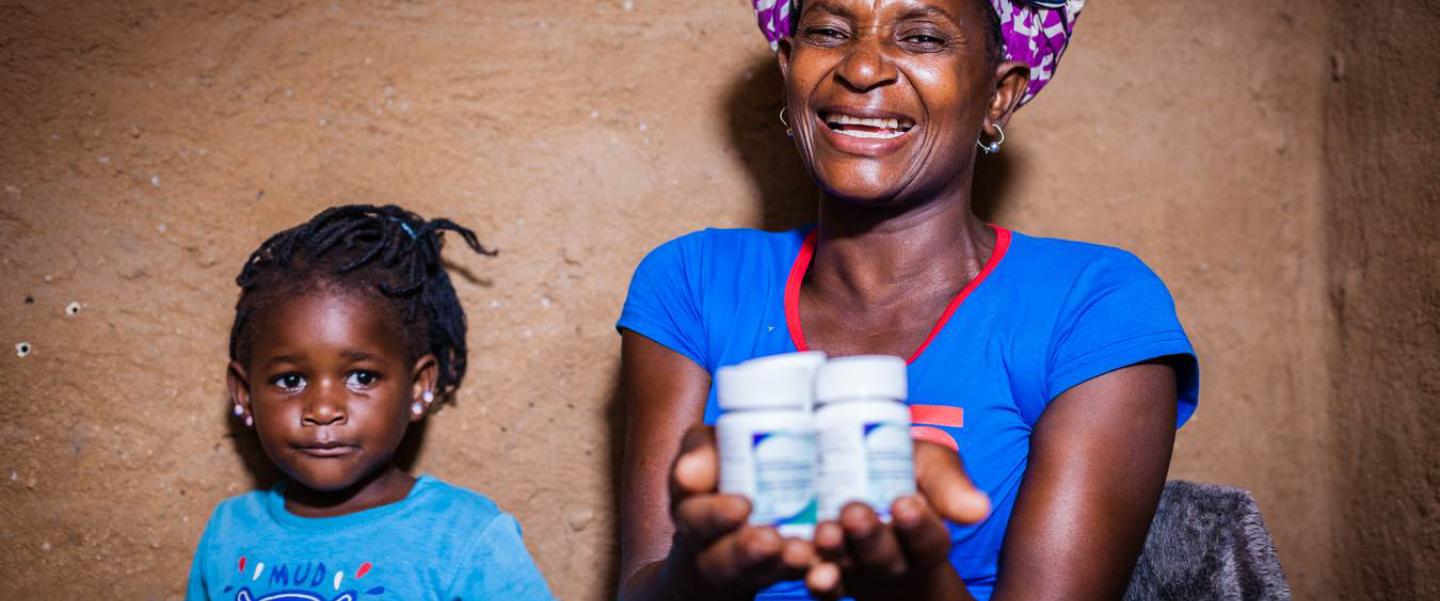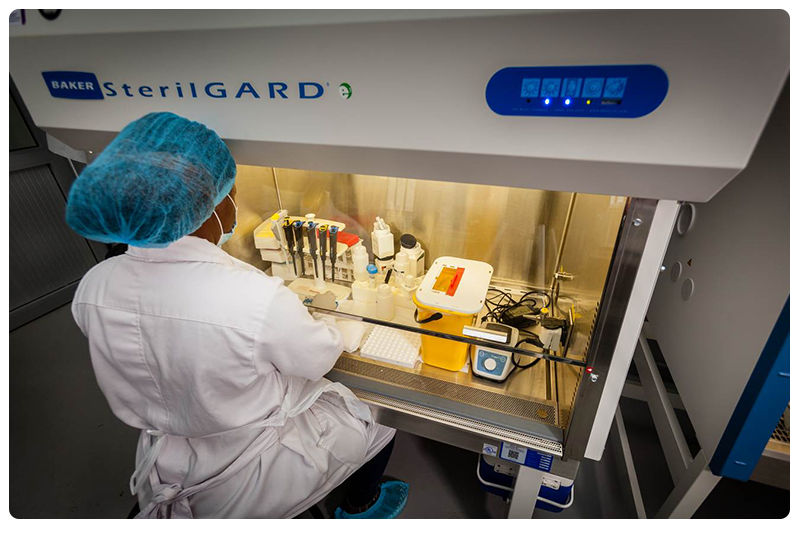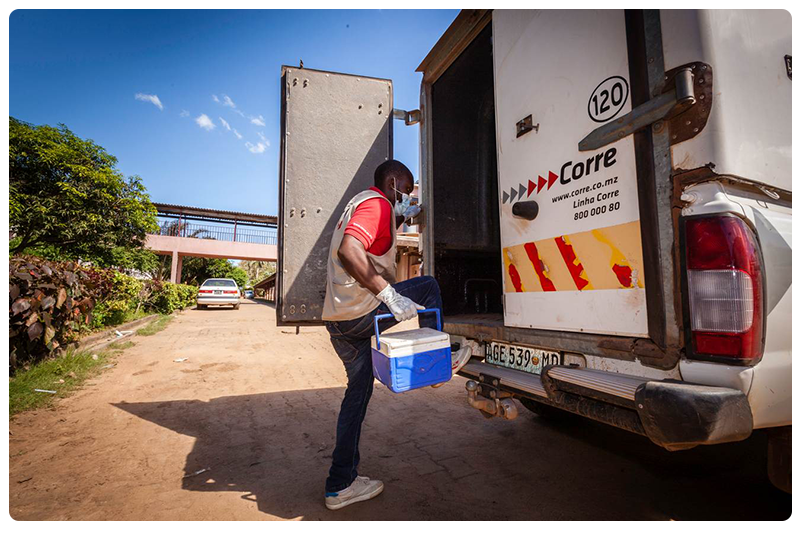BACKGROUND
Emergency response near epidemic control
Mozambique has the third highest rate of HIV in the world—roughly one in eight or 2.3 million people. As recently as 2010, only 15 percent were receiving treatment. The national health system was underfunded, fragmented, and overstretched. Weak infrastructure and social stigma made consistent HIV care inaccessible for most. AIDS devastated families and communities and threatened the country’s future.
Against this backdrop, the Efficiencies for Clinical HIV/AIDS Outcomes (ECHO) project was launched to stabilize and strengthen the national HIV response. With direct support from the United States government through the President’s Emergency Plan for AIDS Relief (PEPFAR), and implemented by Abt Global, Mozambique’s HIV response has undergone one of the most significant transformations in sub-Saharan Africa—measured by the scale of people now reached and sustained results despite shocks and setbacks.
Launched in the months before the COVID-19 pandemic, and following major cyclones that had disrupted care, ECHO’s results include more than twice as many people on treatment and 95 percent viral suppression in supported provinces. By addressing some of the country’s most persistently underperforming regions, these gains have helped close critical gaps and move Mozambique closer than ever to global 95-95-95 targets. They also laid the groundwork for a full transition of HIV service delivery in these provinces to the government and national organizations.
IMPACT
Mozambique’s HIV trajectory is no longer one of crisis, but control.
Since ECHO launched, the number of people on HIV treatment has more than doubled—from 207,753 to over 400,000. Viral suppression surpassed 95 percent across all four supported provinces, and three-month retention rose to 98 percent—from 58 percent in 2018. Pediatric coverage similarly rose from 60 percent to 98 percent, closing a long-standing gap in HIV care for children.
Laboratory systems have been upgraded for 24/7 sample processing, minimizing stockouts and reducing test delays. Local civil society partners now implement major service components independently. Data systems once fragmented now power strategic, evidence-based care.
But the longer-term impact is structural: Today, 149 health facilities operate under standard grants with Mozambican financial oversight, building institutional experience in budget execution and compliance. More than 2,500 health personnel—including 1,100 clinicians and 1,400 community health workers—have been deployed and coordinated through weekly platforms that integrate provincial planning across clinical, administrative, and logistical domains. And community-based organizations are no longer auxiliary partners—they manage grants, human resources, and reporting functions with increasing autonomy and demonstrated performance.
WHY THIS MATTERS
A model to watch—for epidemic control and localization
ECHO’s success is not just in reaching more people—but in helping Mozambique sustain its own systems and progress. As global partners look for models that go beyond vertical programming, ECHO shows what’s possible when local institutions are positioned to lead.
Recognized as one of the most advanced transitions to local HIV leadership within PEPFAR’s bilateral portfolio, the handover to Mozambican leadership spans all levels of clinical service delivery, human resources, grant management, digital systems, and provincial oversight. In a global portfolio where many transitions remain partial or fragile, ECHO stands out as an HIV platform tested by real-world constraints and delivering at scale.
Project
Efficiencies for Clinical HIV/AIDS Outcomes (ECHO)
Client
President’s Emergency Plan for AIDS Relief (PEPFAR), United States Agency for International Development



